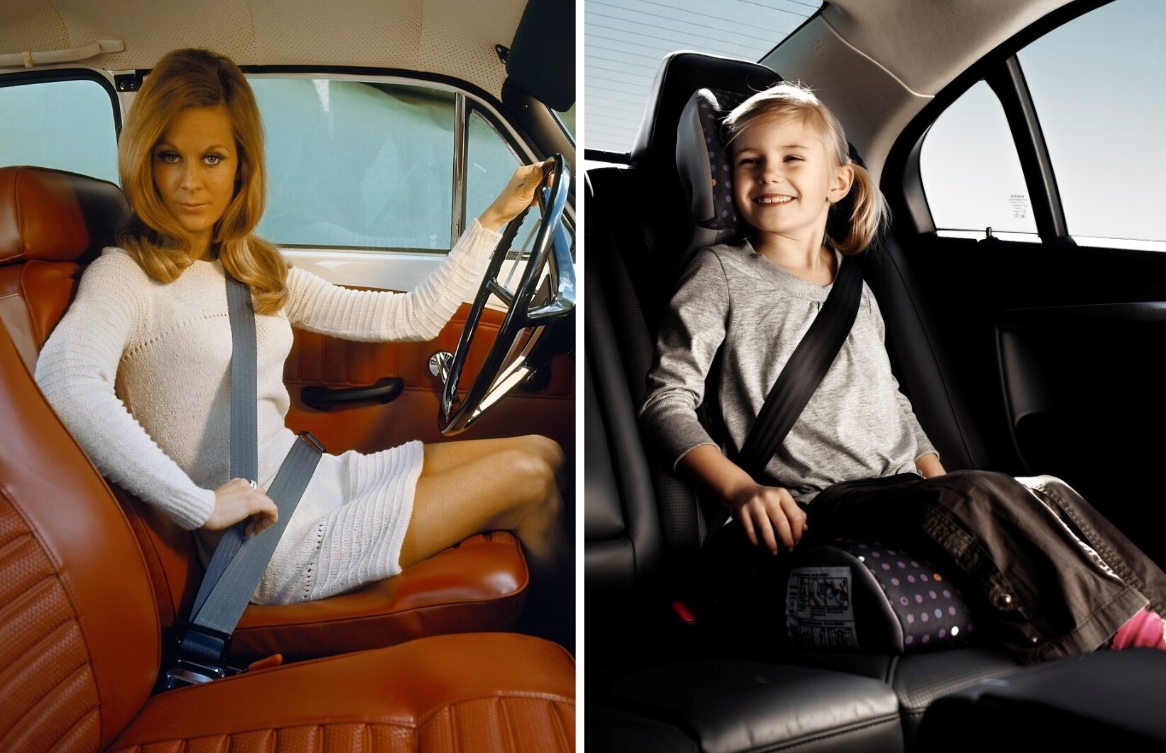As South Africa braces itself for the all-too-familiar road safety threat this festive season, one car company has been doing their research. Specifically, Volvo Cars South Africa, the nation’s best seller of electric vehicles in 2024, and inventor of the three-point safety seatbelt, is imploring motorists to buckle up this December.
We drove the excellent Volvo EX30 recently and noticed it has a camera directly in front of the driver, which constantly monitors your behaviour. Armed with this and more in-depth survey data, here’s more on the road safety threat of not wearing a seatbelt.
GRAVE ROAD SAFETY THREAT
Consequently, the study finds that 52% of 18- to 24-year olds say they ‘sometimes or never wear a seatbelt’. Moreover, they are unaware of the legal requirement to wear one. This age group also had the highest confidence scores in their driving skills and ability. “More young drivers are on the roads using private transport. It’s imperative that we educate these young adults on the benefits of wearing a seatbelt,” said Felipe Yagi, Head of Marketing and Communications at Volvo Car South Africa.
Studies show that wearing a safety belt improves your chances of surviving a collision by 50%. “The seatbelt was designed to save lives, so, when Volvo invented it in 1959, the patent was made freely available to all car manufacturers. There’s a little bit of Volvo in every single car on the road today. And we’ve endevoured to protect human life for decades since,” remarked Yagi.
WHY YOUNG ADULTS DON’T BUCKLE UP
According to Volvo’s studies, ‘cool factor’ plays a significant role in not wearing a seatbelt. 14% of surveyed motorists think wearing a seatbelt is not ‘cool’ when driving close to home. Evidently, this thinking is more prevalent in men: 19% male versus 8% female. Those surveyed say it’s ‘unnecessary’ to wear a seatbelt when driving close to home or while parking. 29% admit to removing their seatbelt closer to their destination. “Being closer to home and driving at slower speeds does not mean you’re safer or your seatbelt is no longer necessary,” says Yagi.
Further research by Volvo shows impacts at slow speeds are more detrimental than young drivers may realise. A collision at 50 km/h can be equivalent to falling from the third floor of a building, says the car firm. Similarly, wearing a three-point seatbelt in the rear can reduce the chance of fatality by 44%. Worryingly, it’s found that passengers travelling in townships or informal settlements are more likely not to wear seatbelts. Nearly 60% of respondents noted they ‘sometimes or never’ buckle up in a car …
DO YOU WEAR A SEATBELT CLOSE TO HOME?
Let us know by clicking on the comment tab below or by emailing info@thesouthafrican.com. Or WhatsApp your thoughts on this article to 060 011 0211. Don’t forget to follow The South African for the latest updates.
